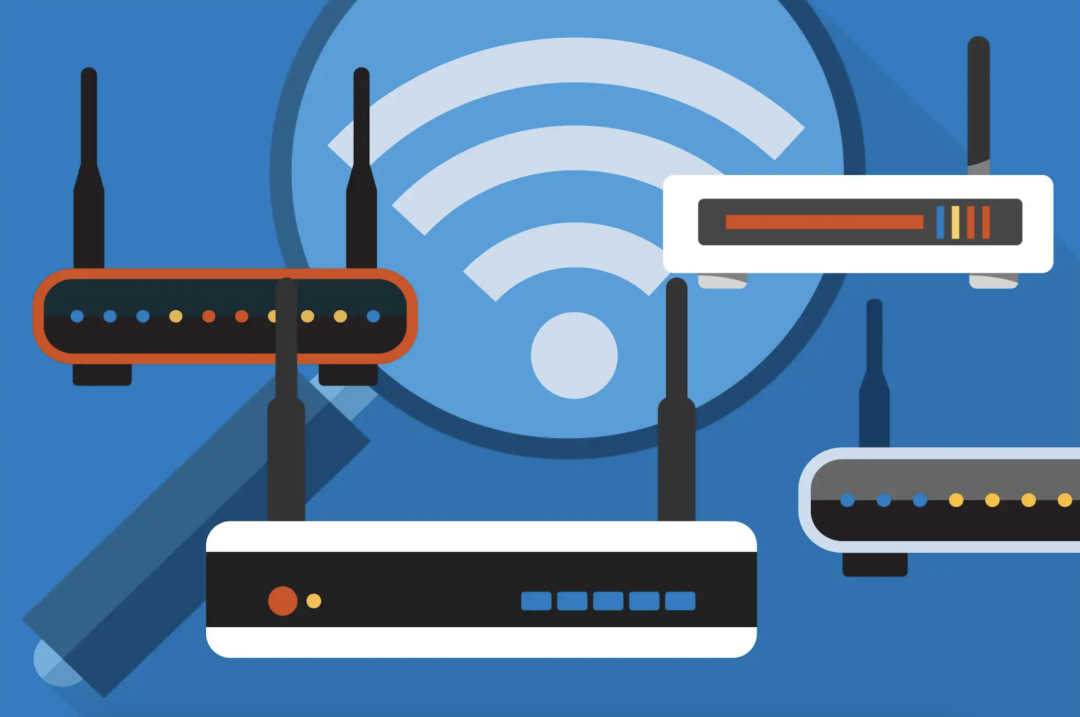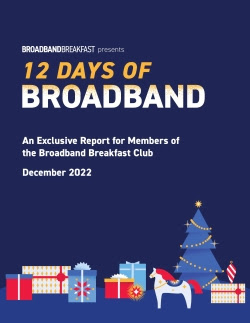High Demand for Spectrum Necessitates Increased Cooperation and New Sharing Programs
The FCC licensed a significant amount of the limited available spectrum before its authority to do was set to expire.
Teralyn Whipple

No matter the year, issues of radiofrequency spectrum is an important topic because of the crucial importance of wireless transmission in modern internet connectivity.
The year 2022 saw many carve-outs of the already limited unlicensed spectrum to tackle growing demand for connections and to relieve congestions on existing frequencies.
The 12 Days of Broadband 2022 (click to open)
- On the First Day of Broadband, my true love sent to me:
A Symmetrical Gigabit Network - On the Second Day of Broadband, my true love sent to me:
24 Reverse-Preemption Pole Attachment States (2022 edition) - On the Third Day of Broadband, my true love sent to me:
Section Two-30 of the Communications Decency Act - On the Fourth Day of Broadband, my true love sent to me:
$42.5 billion in Broadband Equity, Access and Deployment funds - On the Fifth Day of Broadband, my true love sent to me:
5 Federal Communications Commissioners - On the Sixth Day of Broadband, my true love sent to me:
Wi-Fi 6E - On the Seventh Day of Broadband, my true love sent to me:
7.7% annual inflation rate - On the Eighth Day of Broadband, my true love sent to me:
8,132,968 census blocks and a national Broadband Fabric - On the Ninth Day of Broadband, my true love sent to me:
$9 Billion Universal Service Fund - On the Tenth Day of Broadband, my true love sent to me:
$10 Billion Remaining in the Affordable Connectivity Program - On the Eleventh Day of Broadband, my true love sent to me:
11th Year of Xi Jinping’s rule in China - On the Twelfth Day of Broadband, my true love sent to me:
12 or More State Broadband Officers
Indeed, new Wi-Fi devices and a growing number of consumers are driving up the demand for unlicensed spectrum. In 2020, the Federal Communications Commission freed up the 6 GigaHertz (GHz) band to meet these demands, which sparked controversy regarding potential interference issues.
Wireless service provider Southern Linc raised concerns that the agency’s decision to open the band traditionally used to broadcast for unlicensed use was based on outdated measurements taken in 2018. The service provider argued that since then, wireless data points have multiplied, rendering previous measurements unreflective of the current Wi-Fi environment. They encouraged the FCC to implement a thoroughly tested automatic frequency control system to effectively share the use of the 6 GHz band, and in November, the FCC approved testing of 13 proposed automated frequency coordination database systems.

The FCC’s authority to deliver on spectrum policies was scheduled to expire on Dec. 23, 2022, unless Congress is able to agree to a new continuing resolution or other measure funding the government, after its extension beyond its original Sept. 30 deadline. Commissioner Brendan Carr advocated making more spectrum available for commercial use before the expiration of its auction authority. During the year, the FCC auctioned off slices of the 2.5 GHz and 3.45 GHz bands, raising nearly $103.5 million in a single round.
The FCC and the National Telecommunications and Information Administration announced in February of this year that they are teaming up to coordinate spectrum policy uses for federal and private users. The Spectrum Coordination Initiative, as it’s called, is intended to make more robust an existing cooperative framework between the two agencies that manage federal spectrum resources.
In July, the FCC also voted to adopt a program that will build incentives for larger spectrum holders to make underutilized spectrum available to smaller carriers, tribal nations, and entities serving rural areas. The program, called the Enhanced Competition Incentive Program, will have incentives including longer license terms, extensions on buildout obligations, and more flexible construction requirements.
Congress is also working to improve spectrum sharing. In April, the Spectrum Innovation Act of 2022 passed in the House. It is currently awaiting Senate approval. The bill would “free up new airwaves for wireless broadband use by the public” such as 200 megahertz of auctioned spectrum and would “allow more opportunities for research, safety, and for the public to access faster internet speeds and more responsive networks.”










Member discussion